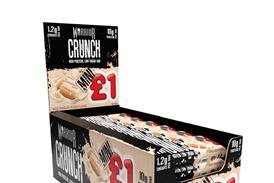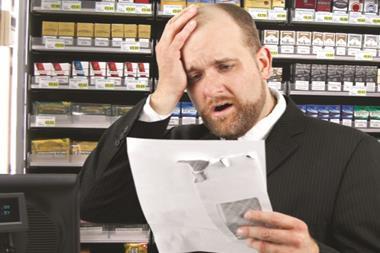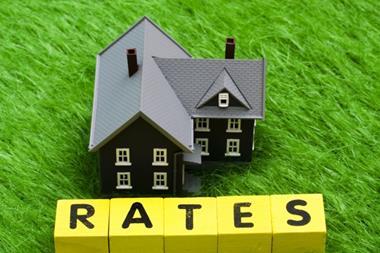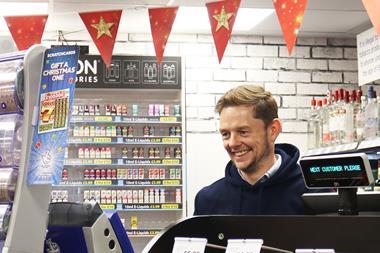Opposition MPs have criticised the government for its decision to postpone the business rates revaluation until 2017.
In a Westminster Hall debate on Tuesday (October 30), local government minister Brandon Lewis came under fire from MPs for the revaluation delay. Ann Coffey MP, chair of the All Party Parliamentary Retail Group, labelled business rates the “retail equivalent of the poll tax”.
During the debate, Lewis admitted the delay meant that 300,000 UK businesses would have to pay more in business rates than they should do for another two years.
Rochdale MP Simon Danczuk, who organised the debate, said he believed that the figure quoted by Lewis was “a very conservative estimate” and questioned the minister’s tactic of delaying the revaluation so that the new rates wouldn’t come into force in April 2015, a month before the next general election.
The minister has previously claimed the delay would be a benefit to businesses. “This decision will avoid local firms and local shops facing unexpected hikes in their business rate bills over the next five years,” he said.
The debate followed the recent announcement of September’s RPI which will increase business rates by 2.6% next April, costing the convenience store sector an estimated £175m. The increase was compounded by the government’s decision to delay the scheduled rates revaluation from 2015 to 2017, keeping retailers at the same rateable value for another two years.
The Association of Convenience Stores (ACS) recently wrote to all MPs urging them to act on three key issues that would help reduce the burden of business rates. It called on the government to remove Section 22 of the Growth and Infrastructure Bill that would delay the 2015 business rate revaluation and hold a consultation to assess the impact on businesses.
The ACS also urged a review on the mechanism for setting business rates, including introducing a cap in line with the government’s inflation targets and to encourage local authorities to use discretionary rates relief to stimulate investment on high streets.
James Lowman, ACS chief executive, called for urgent action on rising business rates. “Year-on-year increases in business rates have put pressure on businesses and stifled investment at a time when growth is desperately needed,” he said. “Policy on business rates has been piecemeal and has led to high rises and uncertainty for retailers. The government needs to now look at all aspects of business rates and establish a clear pro-growth policy which will help and support businesses.”





















No comments yet